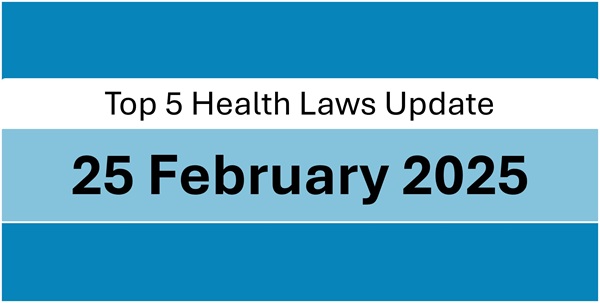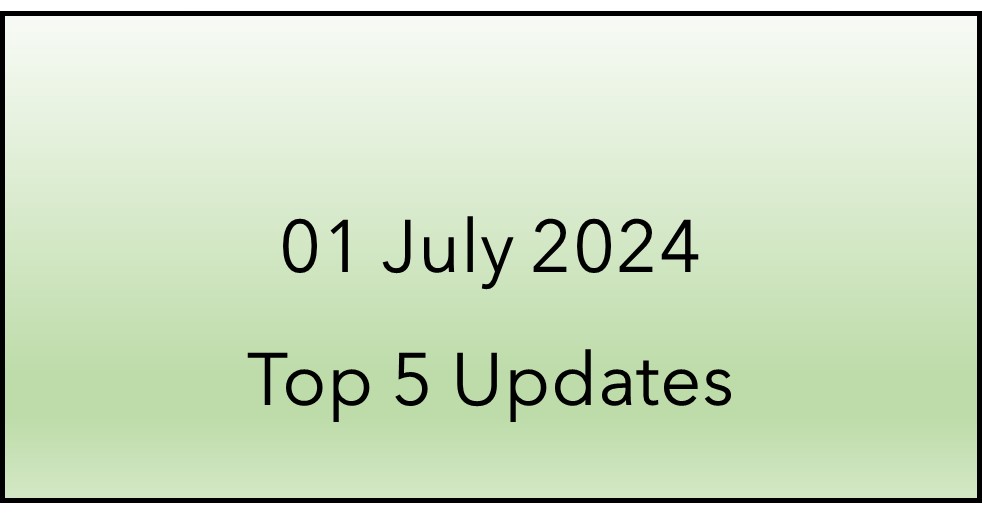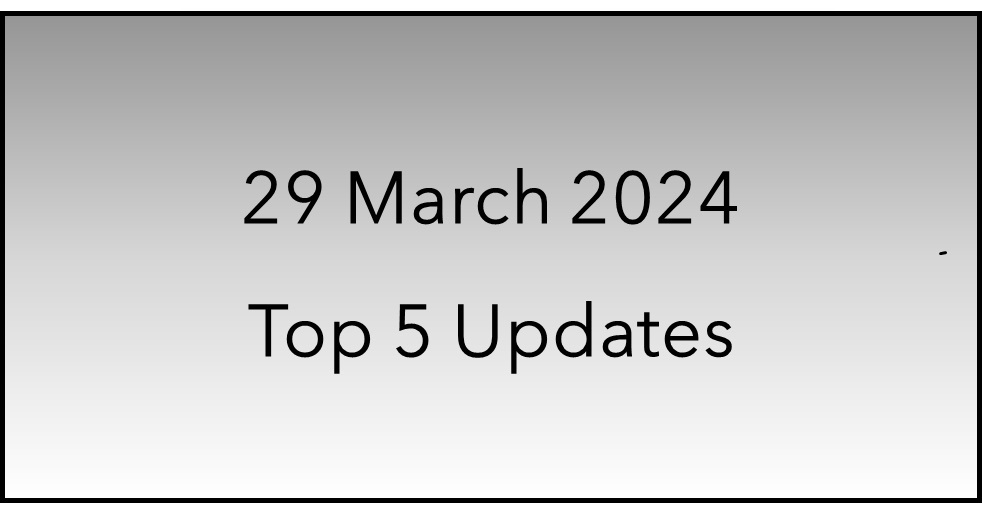Dear Readers, we are happy to share the most interesting legal and policy updates concerning health industry that we read today. we hope you enjoy reading it.
1. India’s Ministry of Environment, Forest and Climate Change has clarified the manner of labelling on battery, battery pack or equipment having battery or battery pack by notifying an amendment to the labelling requirements prescribed under the Battery Waste Management Rules, 2022. Now, labelling declarations can be made through QR Code or product information brochure.
Source: bit.ly/3XgF3Vc
2. Indian Government has reinforced its requirement for the electronic issuance of Certificates of Origin (CoO), cautioning exporters and agencies against using manually issued certificates. The Directorate General of Foreign Trade (DGFT), under the Ministry of Commerce and Industry, has issued a Trade Notice reminding all stakeholders that any CoO issued outside the online eCoO 2.0 platform will be deemed to be invalid after the specified deadlines.
Source: bit.ly/43aT6PC
Source: bit.ly/3XjttZn
3. India’s Karnataka Government has requested the Union Health Ministry to implement a system for sharing alerts about drugs that fail quality tests. This initiative aims to tackle the issue of substandard injectable drugs that do not pass sterility tests.
Source: bit.ly/43dDjji
4. India’s Health Ministry has reportedly revoked the export NOCs and manufacturing licenses for exporting unapproved Tapentadol and Carisoprodol combination drugs to West Africa. Both drugs are individually approved in India, but their combination is not. Reportedly a shipment to Ghana is also under investigation.
Source: bit.ly/4hXNxc8
5. India’s Supreme Court has recently emphasized the need for establishing a mechanism to address complaints related to misleading medical advertisements and called for strict action to curb such deceptive ads. The Court also highlighted the importance of consumer protection and ensuring that advertisements in the medical field do not mislead.
Source: bit.ly/3D7kVxG



